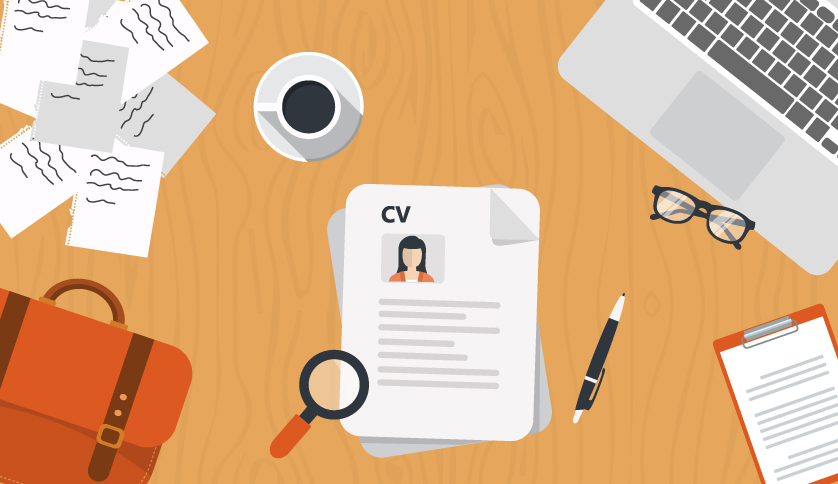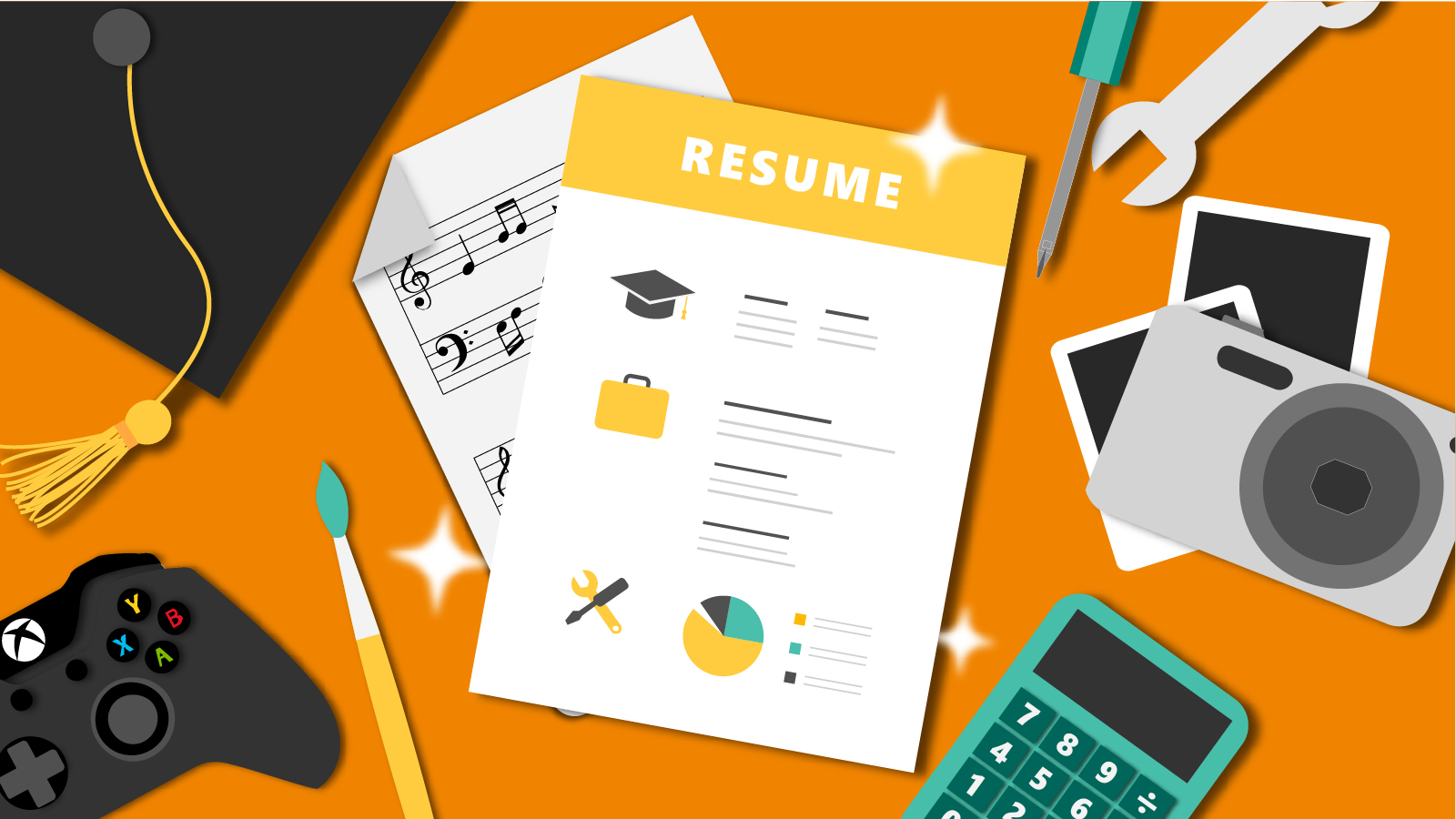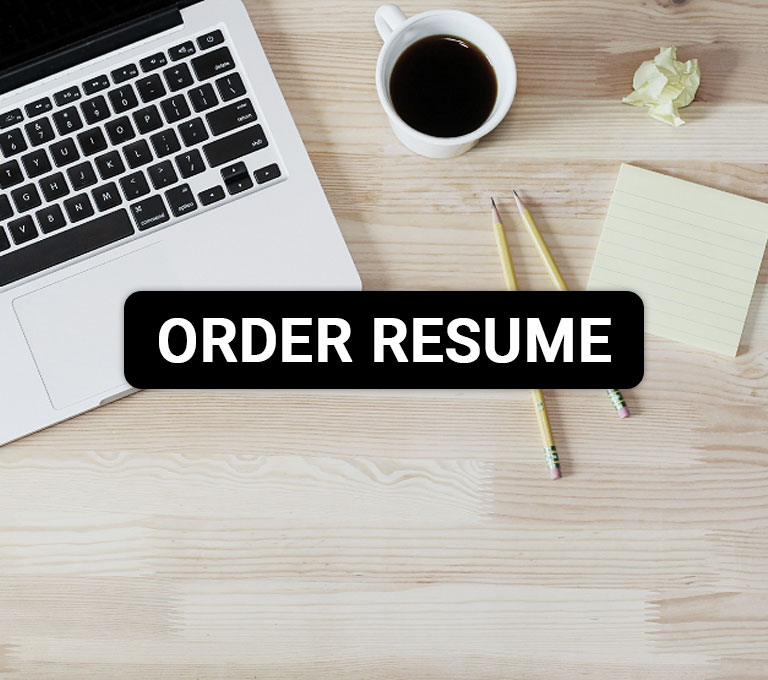
References – what do they look like and is it worth applying for?
- CV
- 30.11.2020
Do you do your job well in the position you are leaving? Your contacts with your superiors and colleagues were good, or at least correct? It is worth being aware that there is competition on the labor market, and if we care about a position, we certainly need references from previous employers to come in handy. Therefore, it is worth asking for them, if possible.
What are references and who issues them?
Before we get into when to ask for references, it’s important to point out that they are not the same as the opinion about the employee. The second document does not have to show only superlatives – what’s more, it can be prepared without the employee’s knowledge and have a negative overtone. However, employers rarely take such a step.
References are always positive. They are issued mainly in order for the employee to gain in the eyes of the recruiter during job interviews. However, it is worth ensuring that it is not a card copied from the Internet – after all, superiors do not always have time to deal with it. At this point, it is also worth adding that references can also be issued by a client, colleague, or project manager in which we participate.

When to ask for references?
When we can ask for references, we can usually sense – if we have been fired, but not for gross negligence, only for redundancies, and we are convinced that our work was appreciated, nothing prevents us from asking for a recommendation.
Let’s also do it when we leave the company at our own request, but it is not related to a row, unpleasantness on the part of us or our superiors, and we did not leave at the worst possible moment.
If you feel we deserve references from your boss or colleagues, it’s always a good idea to ask for them. In the end, we might just be denied, but this should not in any way have a negative impact on further job search.
If our superiors and colleagues will not agree to provide us with references – do not counterfeit them! Most likely, a potential new employer will call the issuer to make sure that they are real.
If, on the other hand, we receive references, but find them too short or too poor, we should not correct them on our own. This is tantamount to their imitation and is considered a lie. When it turns out that it is a document copied from the Internet, instead of modifying it, we can simply count on the person issuing it to be more effusive and creative in the conversation with the recruiter, if the recruiter decides to contact us to confirm them.
Lying has short legs and can ruin our professional plans.
When to show references?
If we have our own website, references or their most important part should be permanently placed there. Thanks to this, people who visit our site will be able to read them immediately.
On the other hand, a document prepared by your supervisor or another person from your previous job should be attached to your CV. Then the recruiter can immediately see that we have checked with previous employers. However, if we do not have such a possibility – let’s take the references with us to the interview.
Few recruiters ask for references – so we should take care of them ourselves and make sure they reach the potential employer.
What should the references look like?
There is no one reference pattern that all issuers should conform to. However, it is certainly worth taking care of the formal side of such a document and including relevant information in it.
This document may take the form of an application, such as a cover letter. Therefore, in the upper right corner, it is worth placing the date and place of the issued references. Lower, more in the middle, we can put the phrase:
References / For information (name and surname of the new employer – if already known / all interested – if we write to the general public).
On the left side, you should put the data of who the references apply to.

Then we go to the part where we introduce the employee, indicate what he did, for how long, what were his greatest achievements and what duties he had. Then, it is also worth mentioning any promotions, awards, etc. In the end, it is worth adding a short summary, which may be a short assessment of the employee, his commitment, professionalism, etc. your details and add that in case of any questions or confirmation of opinion, we provide our contact details (preferably telephone number/e-mail).
The lower right corner is the place for the stamp of the person issuing the credentials and their handwritten signature.
References should not be longer than an A4 page. Let’s remember how many documents recruiters deal with on a daily basis. Certainly, a few-page job description of the candidate will not be interesting for them. They count on specificities that will make them interested and want to cooperate with them.
Is it worth asking for references? Certainly. The only thing that can happen to us is a possible refusal. However, if the supervisor or associate agrees to issue a positive opinion about our work, this may be our chance to get a job in a company that interests us. Thanks to them, the recruiter can find out that we are a good, conscientious employee, and that such a person in their ranks is what everyone wants!
